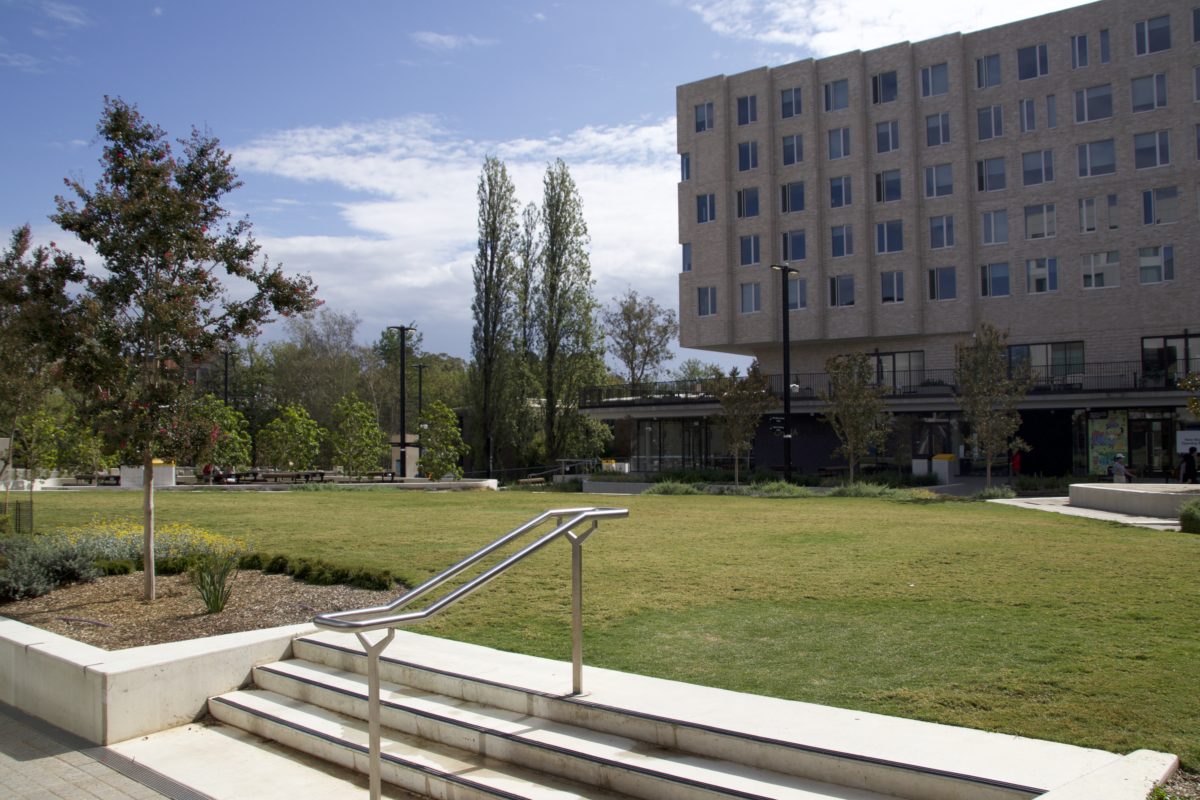The goings-on of ANUSA, and student politics on campus remain widely misunderstood and ignored by ANU students. The fault here does not lie with these ordinary students. The intricacies of ANUSA are overtly complicated and bureaucratic – which anyone who has attended an ANUSA meeting can confirm.
So, we at Woroni News present to you: The ANUSA Explainers
We hope this helps you feel less lost when someone starts yelling at you about the most recent motion passed at SRC 3.
ANUSA
ANUSA (or ANU Students’ Association) is, ‘the peak representative body for all undergraduate students and ANU College students at ANU.’ They advocate for the interests of students directly to the university. This includes promoting student welfare, as well as coordinating social events like O-Week.
With such a broad role in ANU, ANUSA is split into several individual groups which handle different aspects of student life. These include the Executive, College Representatives, General Representatives, and Department Officers.
Importantly, if you are an undergraduate student at ANU, you’re a member of ANUSA.
Meetings
Generally speaking, most students have a brief un- derstanding of who ANUSA is. What is less under- stood, however, is how decisions are made and what goes on in ANUSA meetings.
There are two distinct types of public meetings that ANUSA holds of significant interest to students: SRCs and General Meetings. The key difference between these is that any ANUSA member (i.e. any undergraduate student at the ANU) can vote on motions in a General Meeting. SRCs are the most common, occurring roughly once a month during the university year. While open to the whole student body, only members of the SRC (those representatives mentioned above) can vote on motions presented in the meeting.
The SRC meetings themselves are divided into two ‘acts’ if you will, and follows an agenda posted by the General Secretary five working days before the meeting takes place. Firstly, executive and department reports are given. These reports provide an overview on the members’ activities over the last few weeks and are often taken as read, meaning that the report is not given at the SRC and is simply left on the agenda to be read by any interested parties at their leisure. At this time, the questions can be directly asked to the member giving the report.
Following this, motions are debated and voted on. These motions are moved and seconded by any member present, and changes may be made to the motion any time during the meeting. These amendments can be ‘friendly’ (accepted by the mov- er) or may otherwise have to be debated. Through- out this process, the meeting is led (‘chaired’) by the General Secretary who attempts to keep the meeting both orderly and on schedule. However, the chair may be passed for several reasons – of- ten when the Secretary themselves is involved in a motion.
General meetings follow a broadly similar structure; being led by the General Secretary and including reports and motions to be voted on. There are three types of these meetings: an Ordinary General Meet- ing (OGM), the Annual General Meeting (AGM), and Special General Meetings (SGM). At least one OGM must be held in each teaching period, except in the same period as an AGM. As suggested in its name, an AGM is held once a year: ‘convened by the General Secretary within six months after the end of each Financial Year.’ Unlike other General Meetings, AGMs must include a financial review. SGMs can be called any time during the following a petition ‘of the Association’ or a ‘simple majority of the SRC.’
In any of these meetings, an individual can be ‘named’ at the discretion of the Secretary. If some- one is named three times they have to leave, and the meeting cannot continue until they do so.
*This article has been updated for online to aid in clarity.
We acknowledge the Ngunnawal and Ngambri people, who are the Traditional Custodians of the land on which Woroni, Woroni Radio and Woroni TV are created, edited, published, printed and distributed. We pay our respects to Elders past and present. We acknowledge that the name Woroni was taken from the Wadi Wadi Nation without permission, and we are striving to do better for future reconciliation.
